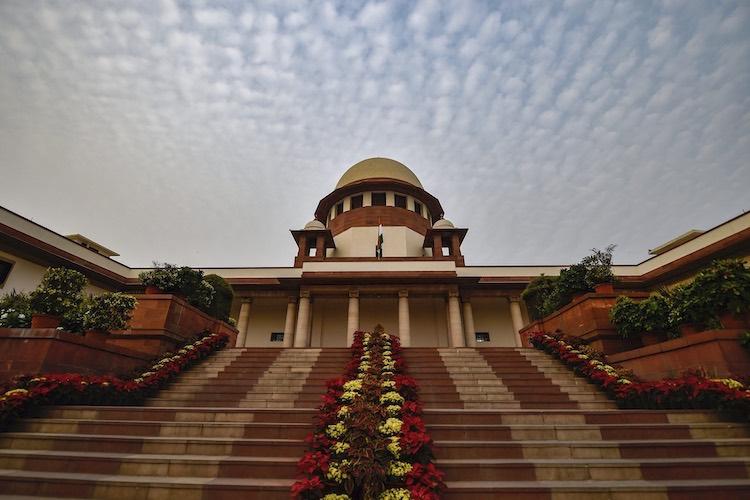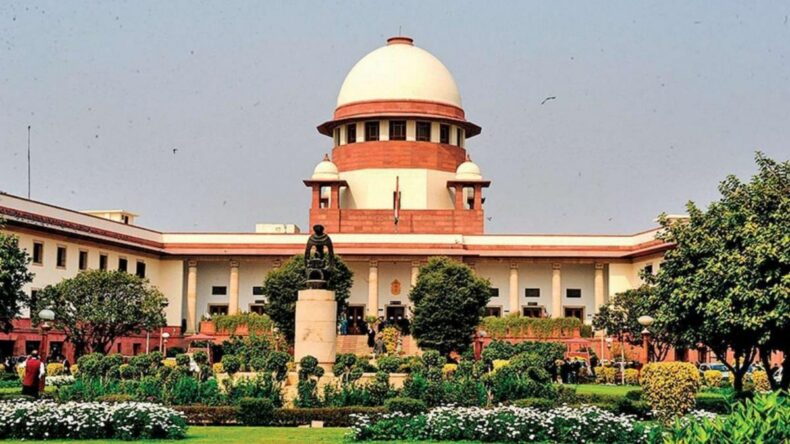
The Supreme Court of India emphasized the need to combat vigilantism, particularly in cases of mob lynching, and called for data sharing by the states. During a hearing on the Tehseen Poonawalla case, a bench comprising Justice Sanjeev Khanna and Bela Trivedi directed the states to provide information on mob lynching cases. The court’s observation was in line with its earlier 2018 judgment that highlighted the responsibility of states to prevent individuals or groups from taking the law into their own hands. The bench further ordered the Ministry of Home Affairs to convene a meeting to consolidate data and ensure compliance with preventive and remedial measures.
Background of the Case
The Supreme Court bench, consisting of Justice Deepak Mishra, A.M. Khanwalikar, and DY Chandrachud, addressed the issue of vigilantism, mob lynching, communal violence, and hate crimes in 2018. The court held that it is the duty of states to prevent individuals or core groups from engaging in vigilantism, emphasizing that the process of adjudication should take place within the realms of justice and not on the streets. The judgment underscored that no one has the right to become the guardian of the law through any means.
Call for Data Sharing and Follow-up Action
During the recent hearing in the Tehseen Poonawalla case, the Supreme Court bench accepted a suggestion from the Attorney General for India, R Venkataramani. As a result, the bench directed the Ministry of Home Affairs to organize a meeting with the heads of state departments to consolidate data on compliance with the court’s 2018 judgment. The states were instructed to submit status reports and provide year-wise data on complaints filed and FIRs registered in mob lynching cases.
Supreme Court’s Stance on Vigilantism and Mob Violence
The court stressed that vigilantism and mob violence must be prevented by governments through strict action and by vigilant members of society reporting incidents to the authorities instead of taking the law into their own hands. It asserted that rising intolerance and polarization, expressed through incidents of mob violence, should not become the norm in the country. The court considered lynching and mob violence to be serious threats that undermine the rule of law and constitutional values.
Preventive and Remedial Measures Directed by the Supreme Court
To address the issue of mob violence and lynching, the Supreme Court had previously issued several directions in 2018. These include designating a senior police officer in each district as a nodal officer to prevent such incidents, identifying areas with a history of lynching and mob violence, dispersing unruly mobs using legal provisions, and initiating FIRs against those disseminating irresponsible content. The court also mandated the personal monitoring of investigations by the designated nodal officer and the establishment of a lynching/mob violence victim compensation scheme in accordance with Section 357A of the Criminal Procedure Code (CrPC).
Moreover, the court specified that cases of lynching and mob violence should be heard by designated courts or fast-track courts dedicated to this purpose in each district.
Conclusion
The Supreme Court’s recent directive to the states regarding data sharing on mob lynching cases reflects its commitment to combating vigilantism and upholding the rule of law. By urging vigilance against mob violence and emphasizing the responsibility of states, the court aims to curb incidents of lynching and ensure the safety of citizens. The court’s earlier preventive and remedial measures demonstrate its proactive approach to addressing this pressing issue. It is imperative that state governments comply with the court’s directions and take necessary action to prevent and effectively address mob violence and lynching, thus promoting a society built on respect for the law and fundamental rights.













